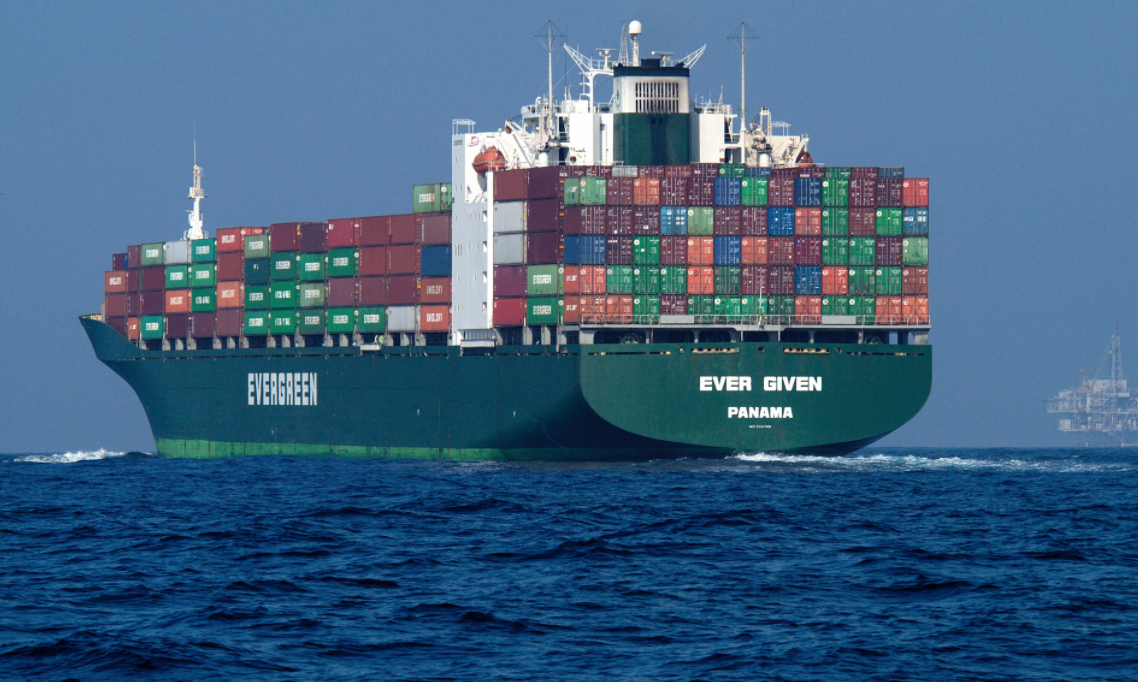In 2022, French exports to the Middle East increased by 25% compared to 2021 to reach a total of €5.8 billion, or 2.3% of French exports outside the EU.
Egypt and Israel are the largest importers of French products in the region, with respectively €2.2 billion (+19% in 2022) and €2.1 billion (+24%), i.e. 75% of the total exported to The area. French exports also recorded marked growth in Iraq (+43%, to €394 million), Jordan (+48%, to €332 million), Iran (+40%, to €313 million) and Lebanon. (+26%, €399 million).
French exports are relatively diversified; notably, our agricultural exports to Egypt were multiplied by five (to €523 million), following the Russian invasion of Ukraine. Over the long term, French exports to the region have increased (€5.1 billion in 2014), with admittedly marked drops to certain countries (Lebanon, Iran, Iraq, Syria).
However, France’s trade surplus with the region is down -67% in 2022, to €487 million.
French imports increased to €5.4 billion in 2022 (+67%), mainly due to an increase in hydrocarbon imports from Egypt and Iraq (the only country in the region with which France has a bilateral deficit of €1.1 billion).
While Egypt and Israel remain the two main growth markets, Iraq, Jordan and Lebanon may also present opportunities.
Infrastructure projects particularly deserve to be followed: Israel’s rail investments, major urban and energy projects in Egypt, Iraq’s colossal infrastructure needs, reconstruction of the port of Beirut.
However, many other sectors are buoyant, particularly in Egypt (security, digital, aeronautics, agri-food, health, tourism). French companies could also benefit from the modernization of the distribution chain in Israel.
Iraq is also looking for partners in agriculture, health and infrastructure. In Jordan, while the water sector should remain the main provider of prospects, opportunities could emerge in other sectors (energy efficiency, renewable energies, digitization of public services).
It should be borne in mind that access to markets in the region remains complicated overall.
The business climate remains perfectible in most countries (bureaucracy, corruption, non-tariff barriers, unclear or even unstable regulations) and requires, particularly in Iraq and Jordan, to rely on a reliable and well-connected partner.
Furthermore, the macroeconomic framework remains degraded in Egypt (tensions on currency liquidity, high informality) and very degraded in Lebanon (multiple exchange rates, generalization of cash payments).
Source French Embassy in Lebanon-Economic Service








Réagissez à cet article